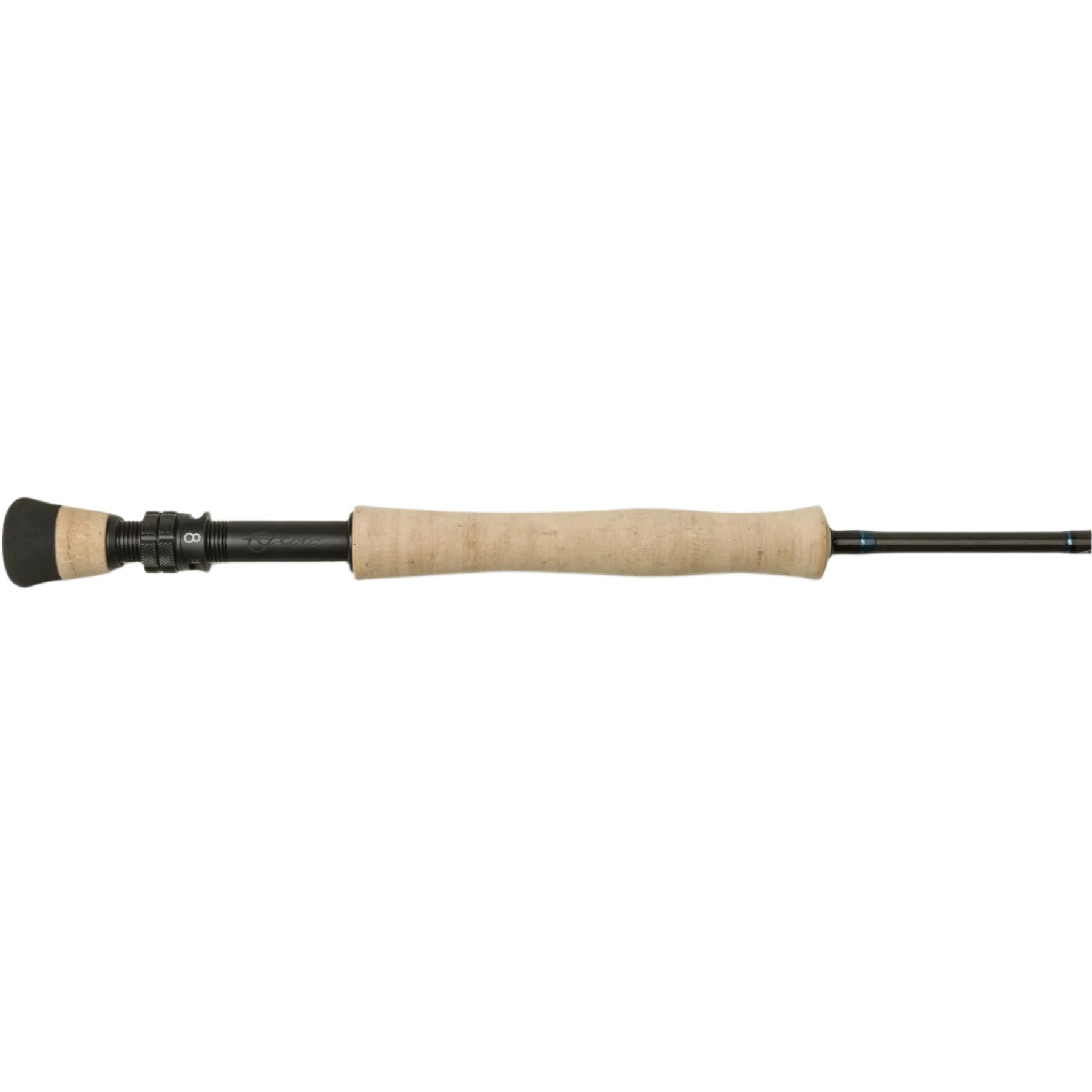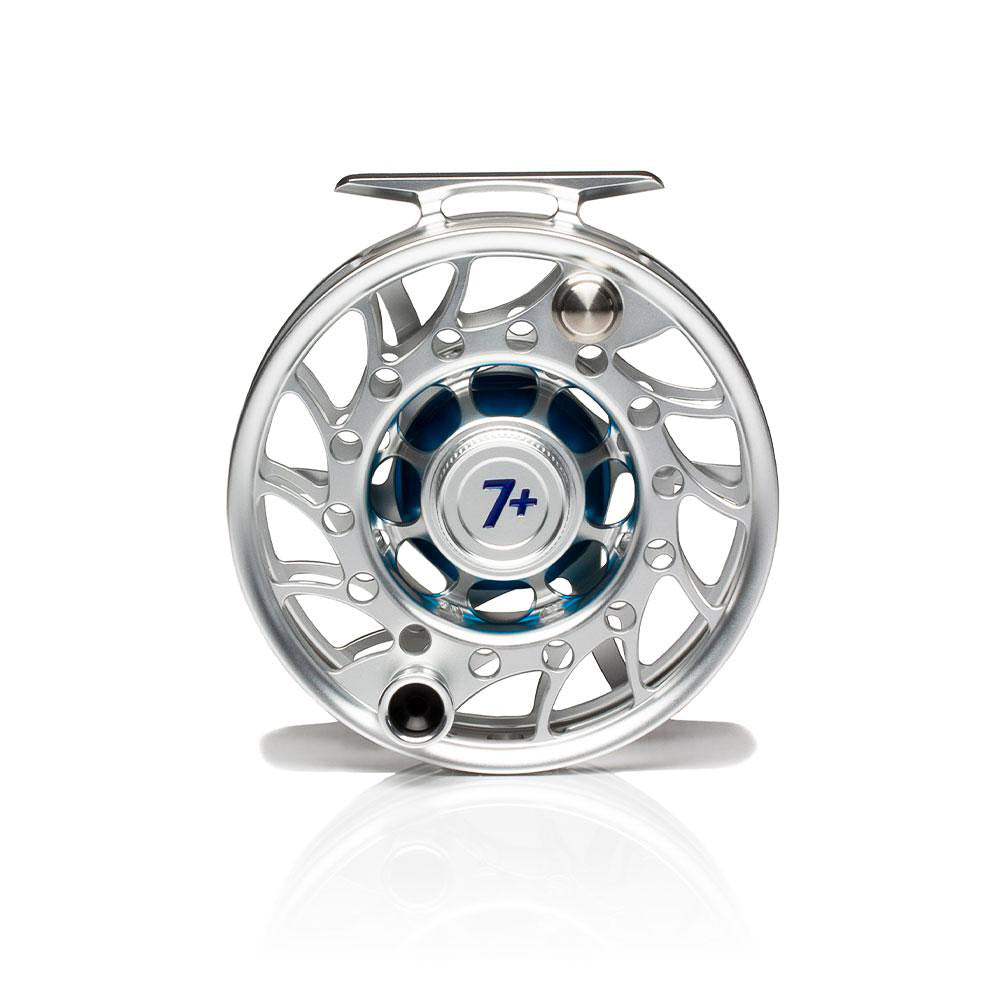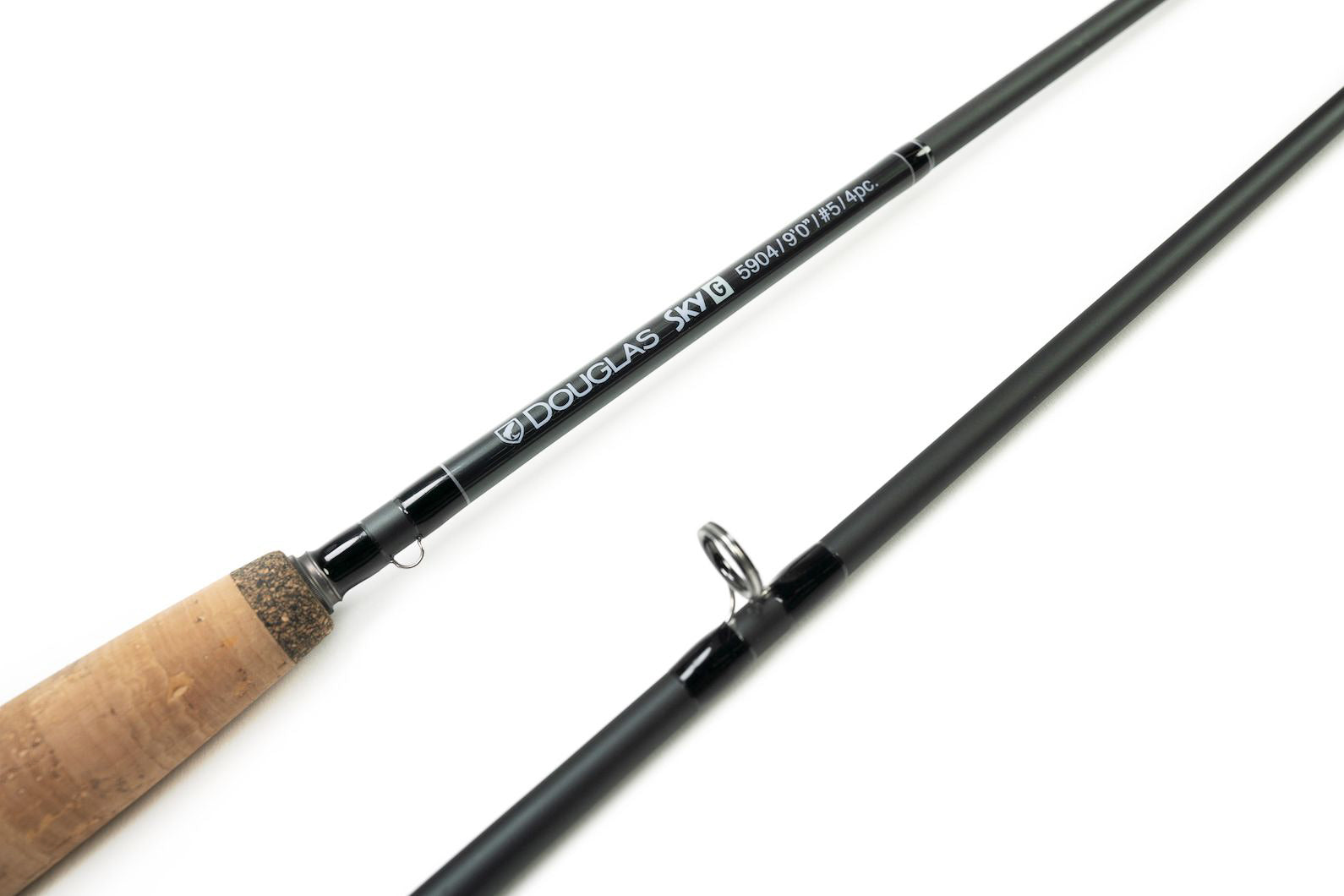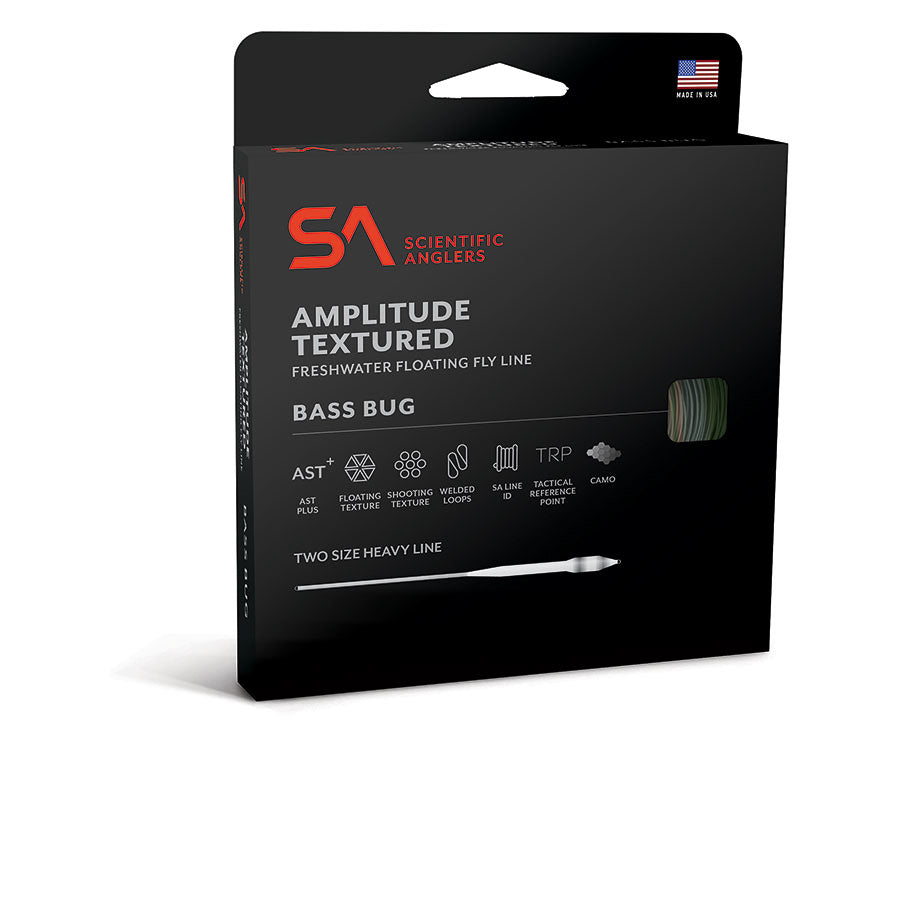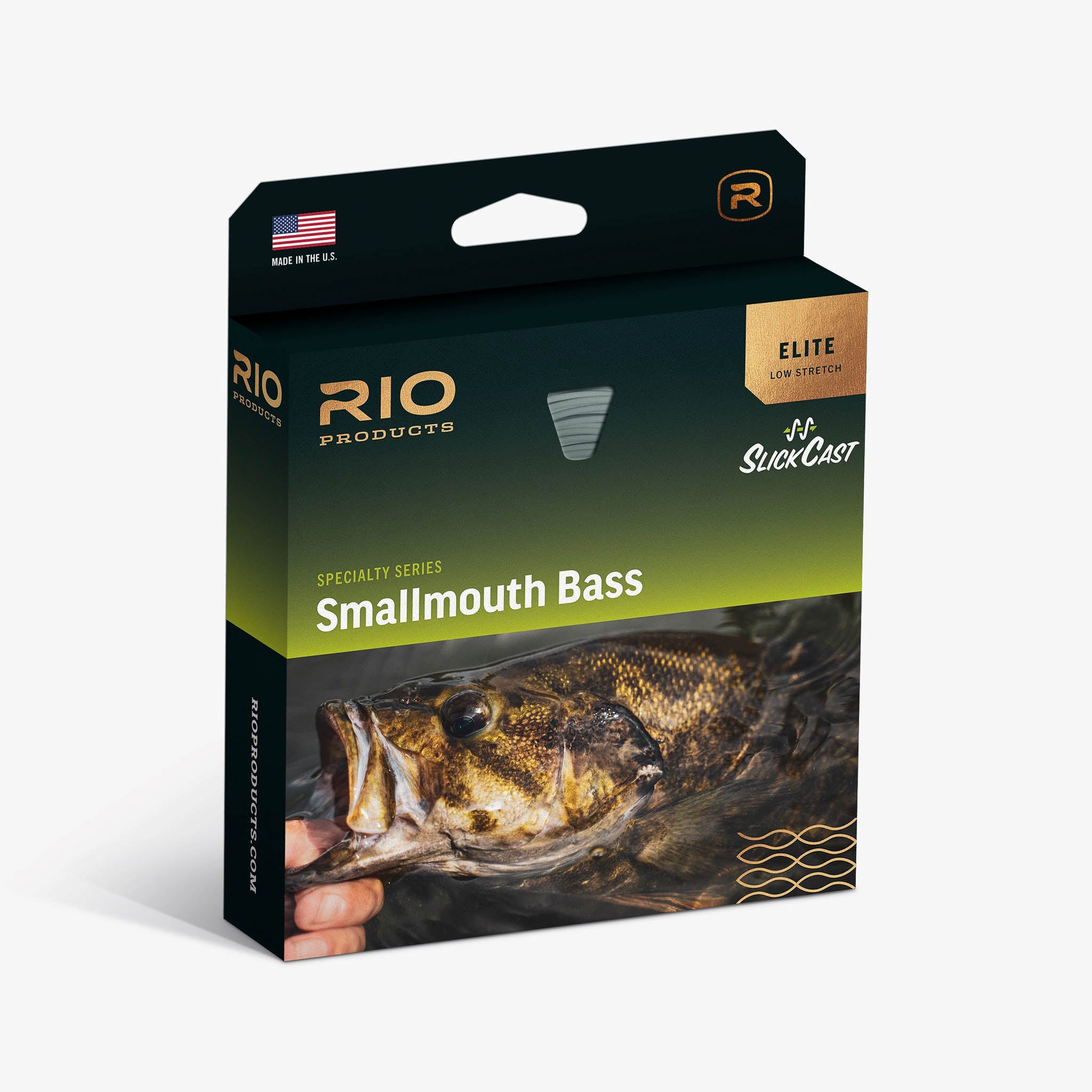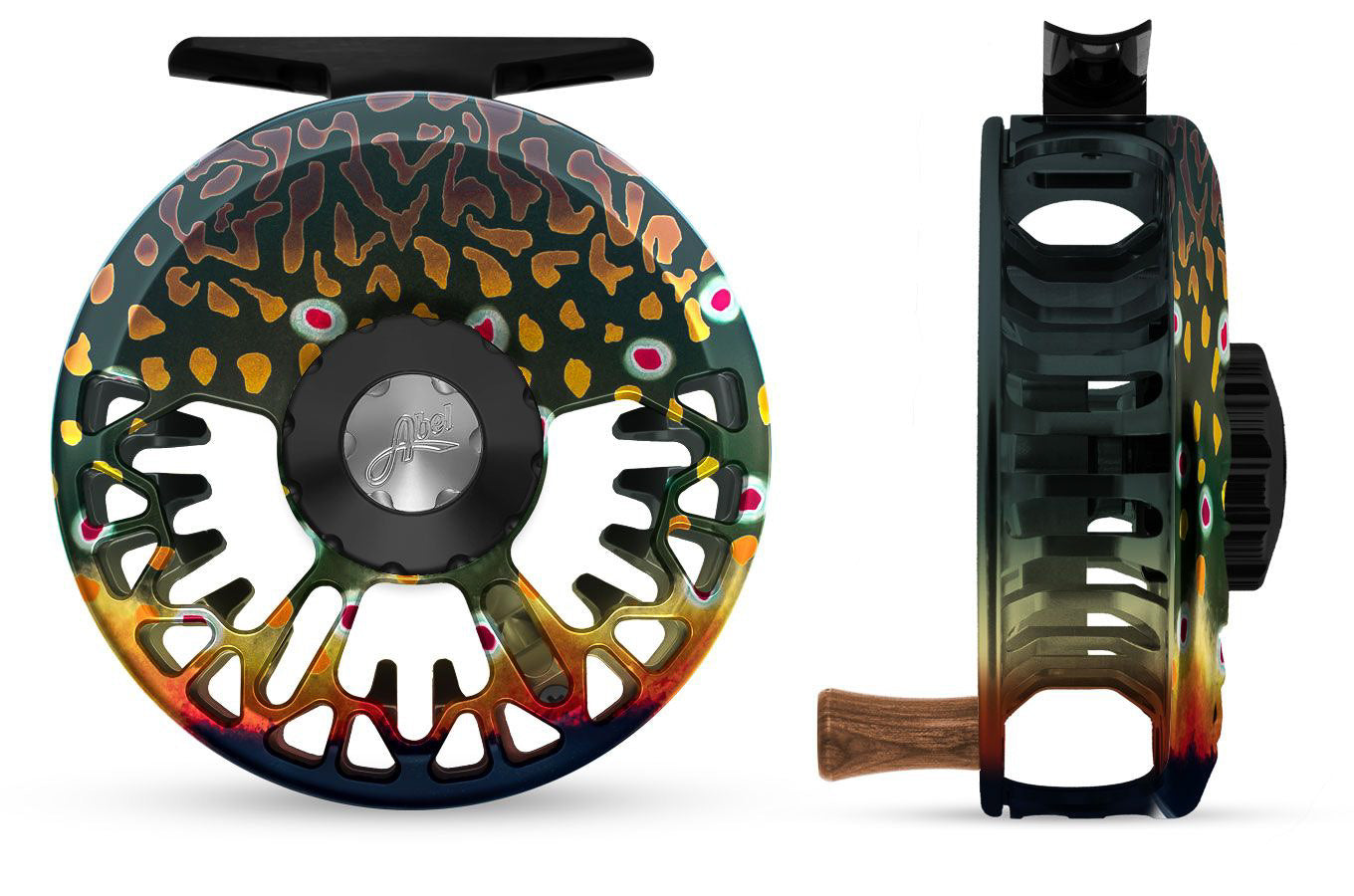PTSD affects millions of veterans, often making it difficult for them to reintegrate into civilian life. The hyper-vigilance developed in war zones can lead to restlessness and insomnia, while the emotional toll often results in isolation and strained relationships. Many veterans feel misunderstood, as it’s hard for those who haven’t experienced combat to grasp the depth of their trauma.
Traditional treatments such as therapy and medication can be effective, but they don’t work for everyone. For those seeking alternative approaches, outdoor activities like fly fishing offer a unique and restorative path to healing.

The Journey to Healing
Fly fishing is more than just a hobby; for veterans with PTSD, it can be a form of therapy. The rhythmic casting of the line, the quiet flow of the river, and the focus required to read the water and anticipate a fish’s movement creates a meditative experience.
Son Tao, First Sergeant, 11Z, US Army (Retired), describes the profound impact fly fishing had on his life:
"After spending almost eight years overseas, I witnessed both the worst of humanity and some of its finest moments. I saw men and women serving their country and supporting one another. Upon returning from each deployment, the battles in my mind didn’t stop. Nighttime was always the hardest. I was haunted by the memories of the young men and women who didn’t make it home.
The easy answer to fix my mental health issues was medication. Whether it’s self-medicating through alcohol or prescription antidepressants, I was putting poison in my body. The medication only masked the issues, not finding means to heal.
Fly fishing gave me an outlet and a renewed sense of purpose. With each cast, every fly tied, and every fish caught, a profound sense of accomplishment washed over me. Achievements, goals, and purpose are deeply embedded in every Soldier. The healing powers of the outdoors and fly fishing naturally amplify those traits.”

Why Fly Fishing Works
-
Mindfulness in Nature
Fly fishing demands presence. Veterans often find themselves immersed in the moment, focusing on the flow of the river and the feel of the rod in their hand. This mindfulness can help quiet intrusive thoughts and reduce anxiety. -
A Sense of Accomplishment
Each catch—no matter how small—brings a sense of achievement. For veterans who may struggle with self-worth, this can be a powerful reminder of their capabilities. -
Connection with Nature
Time spent outdoors has been scientifically proven to lower stress and improve mental well-being. For veterans, the serene beauty of rivers and forests provides a calming backdrop that contrasts with the chaos they’ve experienced. -
Community and Camaraderie
Many veteran-focused fly fishing programs offer group outings, creating opportunities for connection and shared understanding. These experiences help combat isolation and rebuild a sense of belonging.

Programs That Make a Difference
Several organizations have recognized the profound healing power of fly fishing and are making a difference in the lives of veterans:
-
Project Healing Waters Fly Fishing (PHWFF)
This nonprofit organization is dedicated to the emotional and physical rehabilitation of veterans through fly fishing. PHWFF provides free fly fishing instruction, equipment, and trips, creating a safe and supportive environment for veterans to heal. https://projecthealingwaters.org -
Warriors and Quiet Waters Foundation
Based in Montana, this foundation focuses on bringing combat veterans and their loved ones to the healing waters of trout streams. Their programs are designed to foster growth, resilience, and connection, offering a powerful antidote to the isolation many veterans face. https://warriorsandquietwaters.org -
Rivers of Recovery
This organization uses fly fishing and other outdoor activities to promote mental and physical healing for veterans. Their evidence-based programs focus on helping participants manage PTSD, depression, and anxiety through nature’s restorative power. https://riversofrecovery.org

A Lifeline of Hope
While fly fishing and the outdoors may not be a cure for PTSD, they can provide a lifeline—a way for veterans to reclaim their sense of self and find peace in the present moment. These moments of solace in nature can be transformative, creating a ripple effect that touches every aspect of their lives.

How You Can Help
If you know a veteran struggling with PTSD, consider starting a conversation with empathy and care:
Start the Conversation
- "I’ve noticed you’ve been acting differently lately, and I’m wondering how you’re doing."
- "I wanted to check in because you haven’t seemed like yourself recently."
- "I’ve been worried about you lately."
Follow-Up Questions
- "When did you first start feeling like this?"
- "Did something happen that made you begin to feel this way?"
- "What can I do to best support you right now?"
- "Have you thought about getting help?"
Encourage and Support
- "You’re not alone, even if you feel like you are. I’m here for you and want to help."
- "It may not seem possible right now, but the way you’re feeling will change."
- "I might not fully understand, but I care about you and want to help."
- "When you feel overwhelmed, try to focus on just getting through the next minute, hour, or day."

If you’ve built trust with a veteran, consider introducing them to outdoor activities or connecting them with programs like the ones mentioned above. Volunteering with or supporting these organizations can also have a meaningful impact. Sometimes, the simplest acts of kindness make the most significant difference.
Veterans have given so much for their country, and they deserve every chance to heal. By raising awareness and supporting initiatives that bring them closer to nature, we can help them find the peace they so richly deserve.
Additional Resources
If you or someone you know is in crisis, help is available. Contact the Veterans/Military Crisis Line:
- Dial 988, then press 1
- Text 838255
Written by Son Tao . Photography by Mike MacLeod & Son Tao




